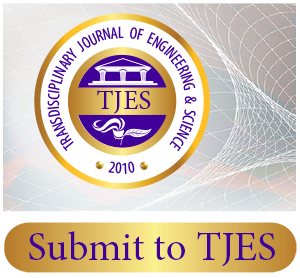Communications from Inanimate Objects: Internet of Things
Abstract
Proliferation of networks with the connectivity that is managed in a distributed nature via the Internet has been growing in the last decade. This growth initially started with computers and large scale computing devices being the end-points for communication but now has reached out to devices that perform tasks in the electro-mechanical areas and more. The aspect of computing is attached to these existing and modified peripherals such that the interconnection of network and the reach is extended. While the “Internet of Things” has not been formally defined or a formal definition that is accepted by any standard means, it can be loosely understood as a network of things (i.e. inanimate objects) that communicates or shows and transfers its activities to the global Internet. Two main outcomes that positively impacts any vertical segment that gets applied to this principles are 1) Extended reach 2) Better real-time knowledge. One of the outcomes of these two actions would be more visible control over the components and the devices distributed geographically. The “Internet”-ing of these devices called the “things” helps increase our quest of knowledge with data coming from various systems and devices that impact peoples lives.


